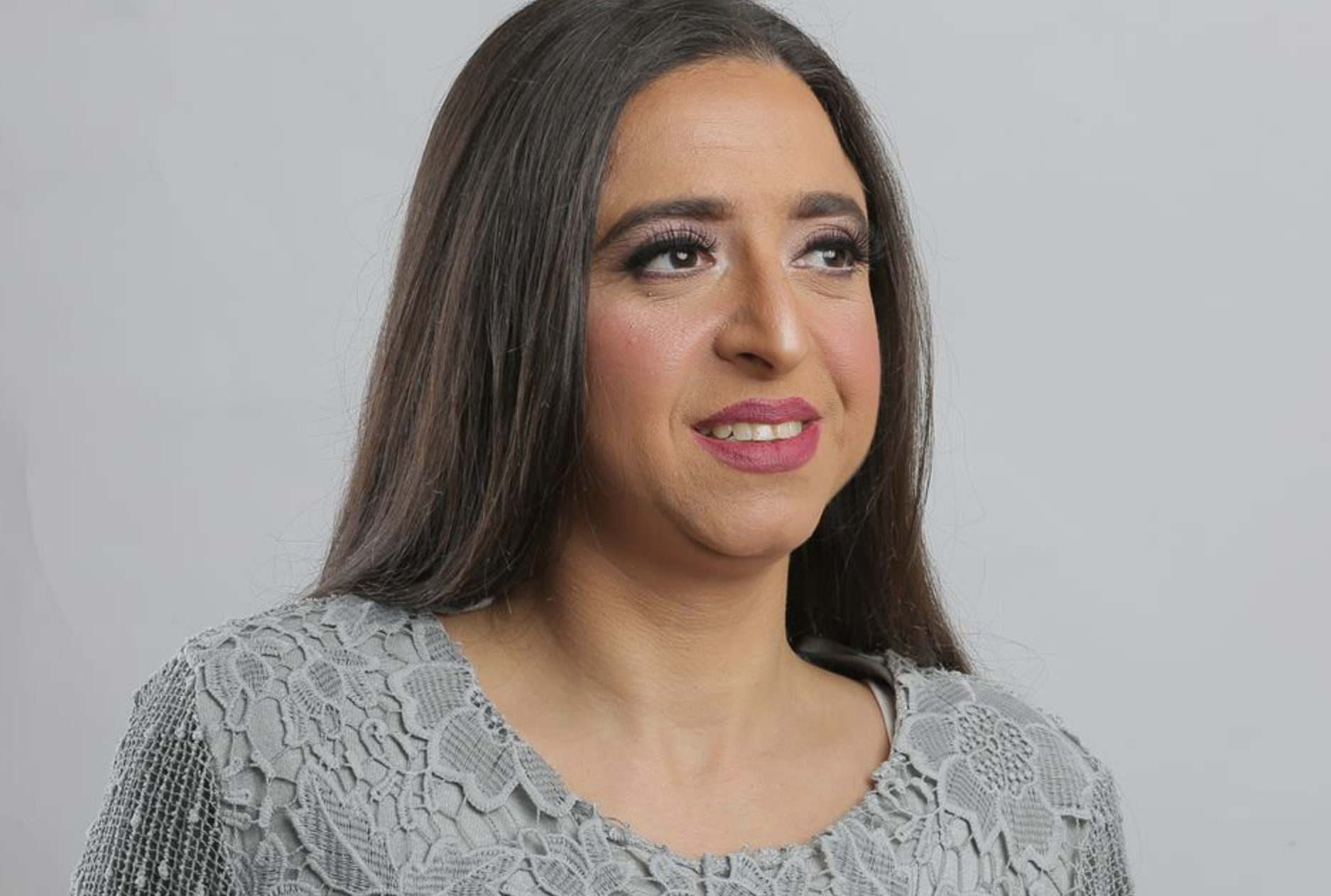
Institutional Formations of the “Secular”
The study of the secular has transcended its narrow definition by some as the rift between religion and the practice of the state and state policy to a more complex configuration where the state is the one defining the boundaries for neutrality to operate. Drawing from a broader ongoing project on the recent state-sponsored female preaching in Egypt and the question of women’s agency and empowe...








